My mother died in 1997. I honored her wish to be cremated and the cardboard box holding her remains sat on a shelf in my closet until the summer of 2009. I wasn’t trying to hang on to her in some creepy way, but I had a plan that took 12 years to execute.
Claudine Mildred Christy Bernard was born in Missoula, Montana in 1906. I was born there 31 years later. Both my father and mother graduated from the University of Montana in 1928, where she was one of the first women graduates of the UM School of Journalism. My son, Brent, majored in geology at Montana State, and in 1997, daughter Diana and her husband, Nick, graduated from UM with degrees in English. Last year their son, Will, entered UM as an art major.
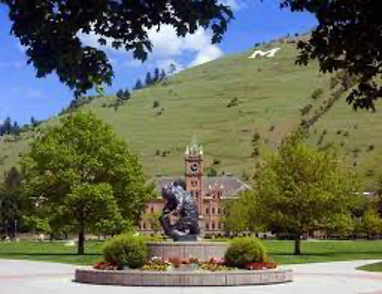
We have deep roots in Montana; my grandparents homesteaded a small farm near Flathead Lake. My aunt and uncle owned a lumber company in Deer Lodge, and I spent one high school summer as a ranch hand in the Helmville Valley north of Missoula. Norman Maclean’s family settled in Missoula about the same time as my mother’s.
Norman was four years older than my mother, his brother Paul was her age, and all three were in high school together. Norman left Missoula to attend Dartmouth College, and after a long career on the English faculty at the University of Chicago wrote A River Runs Through It, his exceptional novel of growing up in Montana with a father who used his love of fly-fishing as a metaphor to teach his sons about life. It is without question my favorite novel – spare, profound, poignant, and lyrical.
My mother loved Montana, and the two family stories came together again in the summer of 2009 when my wife Marilynn, Diana, and I took Mom’s ashes back to Montana. I chose a spot close to where A River Runs Through It is set and tossed them handful by handful into Rock Creek while seated on a log hanging over the river. The novella locates the story in Missoula and on the Big Blackfoot, near Rock Creek (below), where both tributaries feed the larger Clark’s Fork.
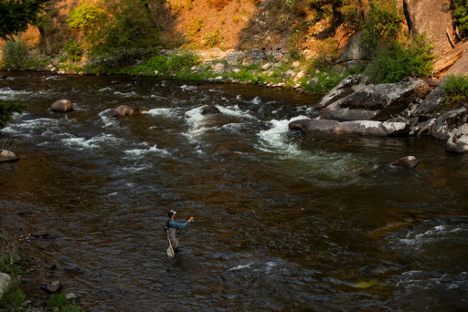
The novel opens with:
In our family, there was no clear line between religion and fly fishing. We lived at the junction of two great trout rivers in Western Montana, and our father was a Presbyterian minister and a fly fisherman who tied his own flies and taught others. He told us about Christ’s disciples being fishermen, and we were left to assume, as my brother and I did, that all first-class fishermen on the Sea of Galilee were fly fishermen and that John, the favorite, was a dry-fly fisherman.
My mother loved the book and in 1992 when the Redford film version was released, I took her to see it. As the opening credits rolled there was a sequence of sepia-toned photographs of downtown Missoula, including the historic Missoula Mercantile department store. By then, at 86, she was hard of hearing but there, in the quiet of the theater, she leaned over and in a loud voice announced, “That’s not right. That’s not what the Merc looked like then.” She would have known. She worked at the Merc when she was in college. The audience rippled with giggles and I told her we could talk about it later.
In June, John N. Maclean, Norman’s son, a journalist with the Chicago Tribune, published Home Waters: A Chronicle of Family and a River, his memoir of family and the writing of A River…, recalling times at the cabin they still own at Seeley Lake, the mystery surrounding Paul’s tragic death, and his father’s last days.
The Bernards no longer live in Montana but I do have a grandchild (fourth generation) enrolled at UM. My son-in- law, Nick, is a well-established fly-fishing guide, and son, Brent, guides as a sideline to his job as a hydrologist. Both love the great trout fishing rivers – the Madison, Yellowstone, Gallatin, Big Hole and Blackfoot – of Montana. The Macleans are absent too but maintain their family cabin at Seeley Lake. Montana has a hold on both families for good reason.
I often do not start fishing until the cool of the evening. Then, in the Arctic half-light of the canyon, all existence fades to a being with my soul and memories and the sounds of the Big Blackfoot River and a four-count rhythm and the hope that a fish will rise.
Eventually, all things merge into one, and a river runs through it. The river was cut by the world’s great flood and runs over rocks from the basement of time. On some of the rocks are timeless raindrops. Under the rocks are the words, and some of the words are theirs.
I am haunted by rivers. (Norman Maclean, A River Runs Through It, University of Chicago Press, p161)
Rock Creek 2009

Epilogue
Climate change is devastating the great trout fishing rivers in the West. Last week (July 25, 2021) the New York Times published an article entitled Crisis in the Clear, Deep Pools of Montana citing unprecedented high temperatures and low water leading to trout die-offs, closures, and worries for the future. https://www.nytimes.com/2021/07/23/science/drought-montana-fly-fishing.html
I am haunted by rivers. (A River Runs Through It, University of Chicago Press, p161)
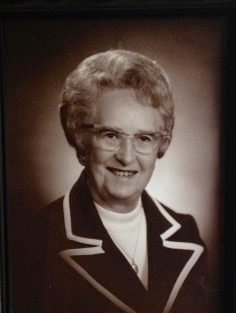




























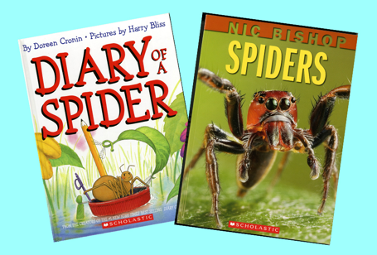

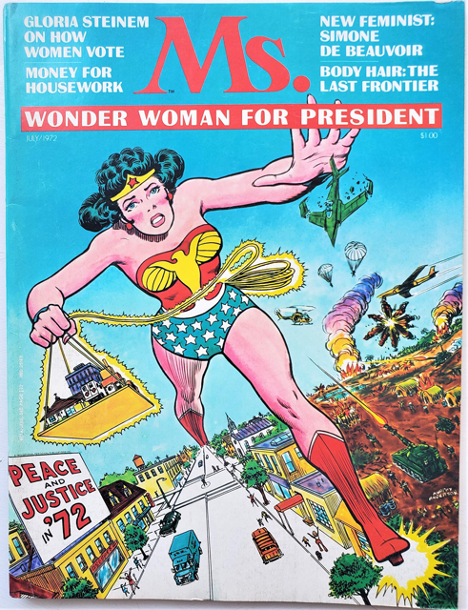

Jack,
You are “preaching to the choir”. J was born in Billings and my mom born and raised in Bozeman. She attended Montana State. Mike
Thanks Jack for that clear, soft reflection. It made me think of my mother and her strong delightful ways that so enriched my own life . Dick
Thank you Jack. You write of a place dear to me. The first car trip C and I took was to the Bitterroot, Rock Creek and the Backfoot. To add yet another story, we used to take John Foust fishing to give him a day away from guiding. He was Robert Redford’s fishing advisor for the movie. Alas, the fish that rose to a fly at the end of the movie was a mechanical contraption John displayed proudly on his living room wall. But the rest was real. So much so that John felt the message at the end was the best way to express his own life on the water.